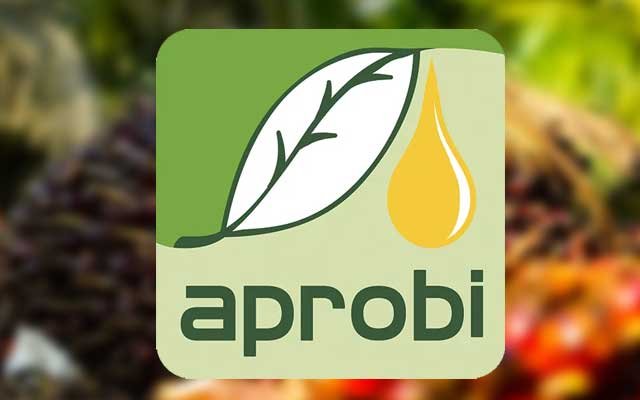PALMOILMAGAZINE, BOGOR – The Indonesian Biofuel Producers Association (Aprobi) has emphasized the need for a comprehensive palm oil industry framework from upstream to downstream. Speaking at the Palm Oil Downstream Industry Journalists’ Workshop in Bogor on Saturday (22/2/2025), Aprobi’s Head of Sustainability Division, Rapolo Hutabarat, highlighted that while Indonesia’s palm oil products have succeeded globally, the economic potential of its downstream derivatives remains underutilized.
Over the past three years, the country’s palm oil exports have averaged only USD 30 billion annually. Yet, within palm oil, there are 10 types of phytonutrients with a 10% global market share. Unfortunately, no Indonesian companies currently dominate this sector. The market value of palm-based phytonutrients is estimated to reach 30% of total exports, or approximately USD 10 billion per year. However, this opportunity remains untapped due to a lack of industry initiatives and supporting regulations. Hutabarat stressed the need for a long-term 20-year strategy, especially in preparation for Indonesia’s centennial independence in 2045.
He praised the government’s success in implementing the B35 biodiesel mandate but expressed concerns over the slow progress of bioethanol. Although bioethanol regulations were set under Ministerial Regulation ESDM No. 12/2025, targeting 2% blending in 2015, 5% in 2016, and 10% in 2020, implementation has stalled due to blending mechanisms and incentive challenges. The government’s plan to introduce 1% bioavtur (sustainable aviation fuel) by 2027 is a positive step, yet clear and consistent regulations are crucial. With Singapore and the European Union already testing bioavtur, Indonesia must seize this momentum to become not just a player but a leader in the global market.
Also Read:
Hutabarat also emphasized the importance of sustainable land use for bioenergy production, advocating for smallholder farmers to be integrated into the downstream supply chain. This approach ensures that value-added benefits are shared beyond corporations and reach local communities.
He concluded by calling for multi-stakeholder collaboration to enhance the palm oil industry’s competitiveness. By fully developing downstream sectors, from phytonutrients to bioavtur, Indonesia has the potential to dominate the global market while maintaining its commitment to sustainability. With the growing green economy, these strategic steps could position Indonesia as a pioneer in sustainable palm oil-based industries worldwide. (P2)
